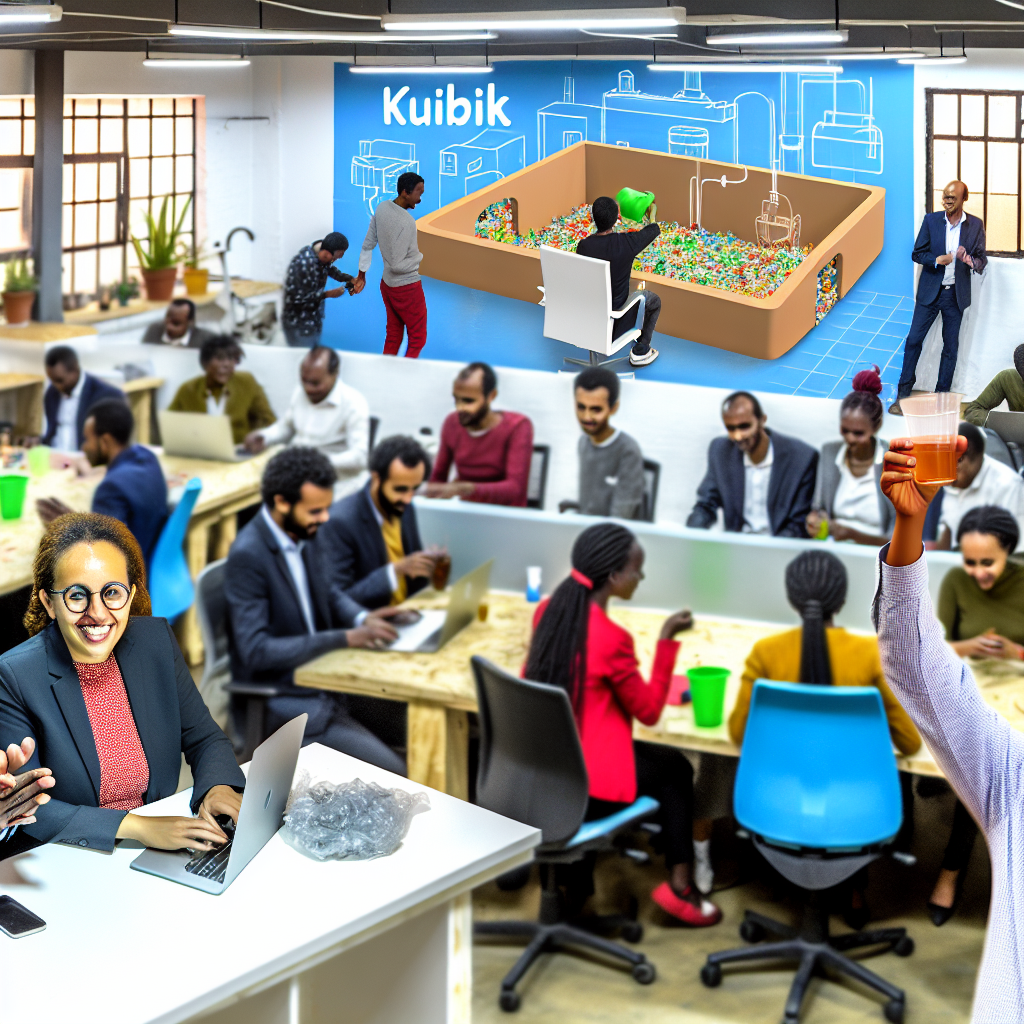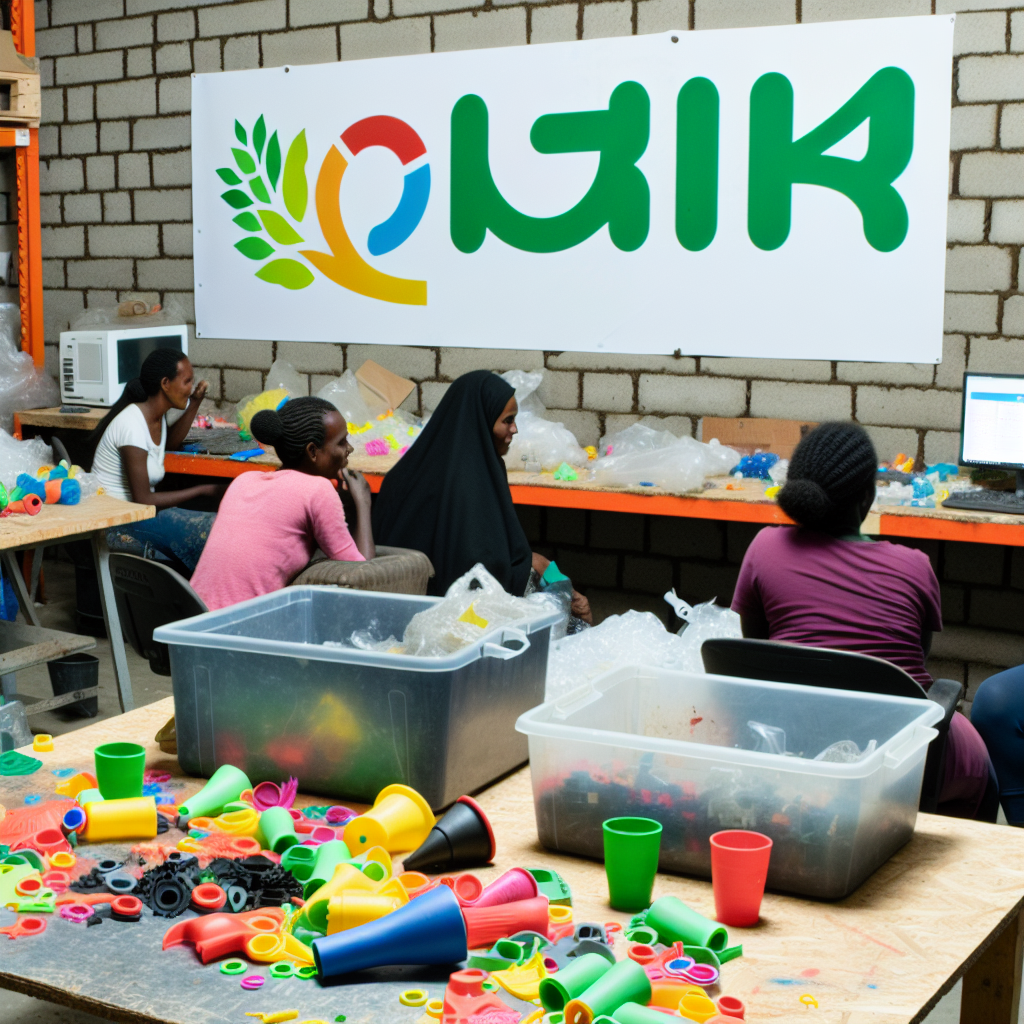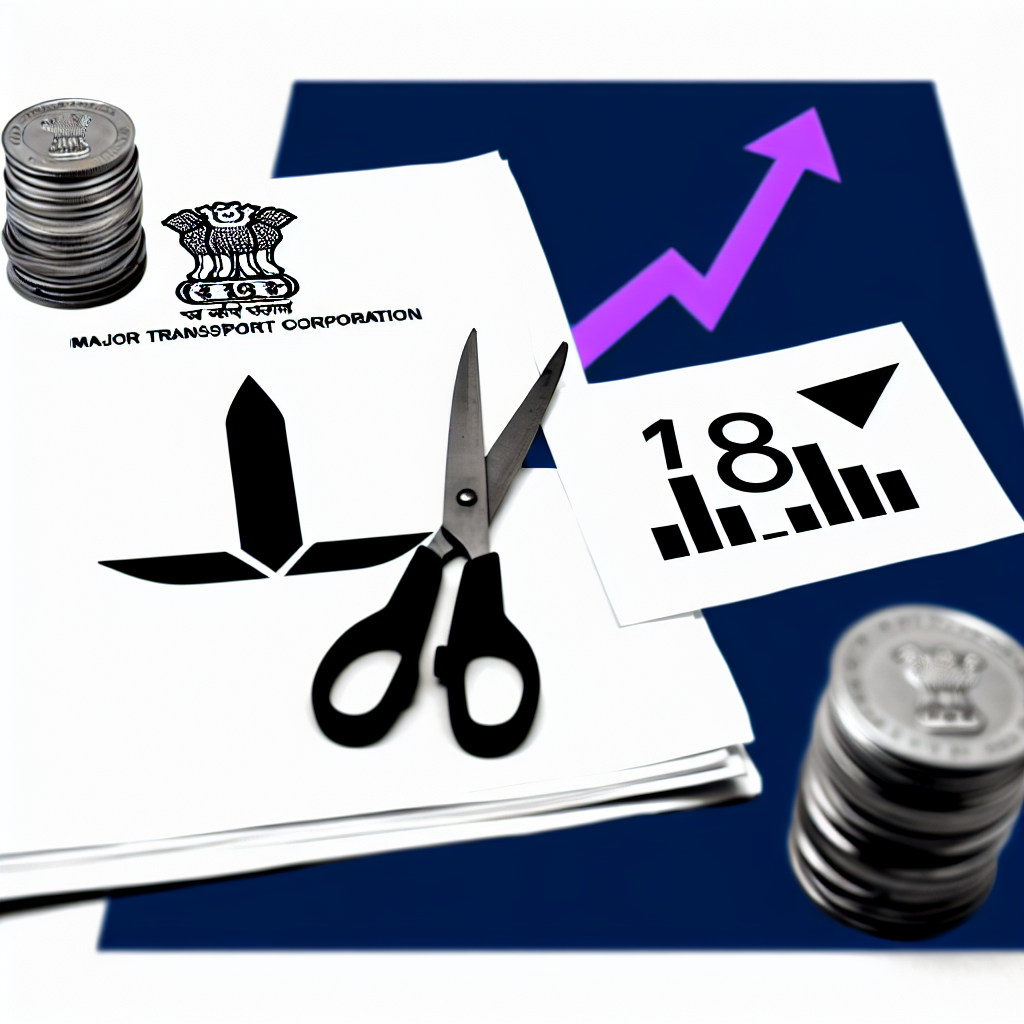The Importance of Plastic Upcycling in Ethiopia’s Sustainable Development Goals
Ethiopia, like many other countries around the world, is grappling with the environmental challenges posed by plastic waste. With a population of over 100 million people, the country generates a significant amount of plastic waste each year. However, one Ethiopian startup is taking a unique approach to tackle this issue head-on.
Kubik, a plastic upcycling startup based in Ethiopia, has recently secured fresh funding to further its mission of transforming plastic waste into valuable products. The startup, founded in 2018, has developed innovative technology that allows for the upcycling of plastic waste into durable construction materials.
Plastic upcycling is a process that involves converting plastic waste into new products of higher value. Unlike recycling, which often downgrades the quality of plastic, upcycling aims to create products that are more valuable and have a longer lifespan. This approach not only helps reduce the amount of plastic waste in landfills but also contributes to the country’s sustainable development goals.
Ethiopia has set ambitious targets to achieve sustainable development by 2030, as outlined in its Sustainable Development Goals (SDGs). These goals include ensuring sustainable consumption and production patterns, promoting inclusive and sustainable economic growth, and taking urgent action to combat climate change.
Plastic upcycling aligns perfectly with these goals. By transforming plastic waste into construction materials, Kubik is contributing to sustainable consumption and production patterns. The startup’s technology allows for the creation of durable and affordable building materials, which can be used in various construction projects across the country.
Furthermore, Kubik’s upcycling process has the potential to create new economic opportunities and promote inclusive growth. By licensing out its technology, the startup can empower local communities and entrepreneurs to establish their own upcycling facilities. This not only creates jobs but also fosters a sense of ownership and pride in tackling the plastic waste problem.
In addition to its environmental and economic benefits, plastic upcycling also plays a crucial role in mitigating climate change. Plastic waste, when left untreated, can release harmful greenhouse gases into the atmosphere. By upcycling plastic waste into durable construction materials, Kubik is effectively reducing the carbon footprint associated with plastic waste.
The success of Kubik and other plastic upcycling initiatives in Ethiopia is a testament to the power of innovation and entrepreneurship in addressing pressing environmental challenges. By harnessing technology and creative thinking, these startups are paving the way for a more sustainable future.
However, it is important to note that plastic upcycling alone is not a silver bullet solution to the plastic waste problem. It should be complemented by other measures such as waste reduction, recycling, and public awareness campaigns. Only through a comprehensive and multi-faceted approach can Ethiopia and other countries effectively tackle the plastic waste crisis.
In conclusion, plastic upcycling holds great promise in Ethiopia’s journey towards achieving its sustainable development goals. Kubik’s fresh funding and plans to license out its technology are significant steps towards scaling up plastic upcycling efforts in the country. By transforming plastic waste into valuable construction materials, Kubik is not only reducing environmental pollution but also creating economic opportunities and contributing to climate change mitigation. With continued support and collaboration, plastic upcycling can play a pivotal role in Ethiopia’s sustainable development agenda.
Kubik’s Innovative Technology and its Potential Impact on Plastic Waste Management

Ethiopian plastic upcycling startup Kubik has recently secured fresh funding, allowing the company to expand its operations and further develop its innovative technology. With a focus on tackling the growing problem of plastic waste, Kubik aims to revolutionize the way plastic is managed and recycled in Ethiopia and beyond.
Kubik’s technology is at the forefront of plastic upcycling, a process that transforms plastic waste into valuable products. By using a combination of mechanical and chemical processes, Kubik is able to convert plastic waste into high-quality materials that can be used in various industries. This innovative approach not only reduces the amount of plastic waste that ends up in landfills or oceans but also creates new economic opportunities.
One of the key advantages of Kubik’s technology is its ability to process a wide range of plastic waste, including low-value and hard-to-recycle plastics. This means that even the most challenging types of plastic waste can be transformed into useful materials, reducing the need for virgin plastic production. By doing so, Kubik is contributing to the conservation of natural resources and mitigating the environmental impact of plastic production.
The potential impact of Kubik’s technology on plastic waste management is significant. In Ethiopia, where plastic waste is a major issue, the company’s innovative approach has the potential to revolutionize the recycling industry. By providing a sustainable and economically viable solution to plastic waste, Kubik can help reduce pollution, create jobs, and improve the overall quality of life for communities affected by plastic waste.
Furthermore, Kubik’s technology has the potential to be licensed out to other countries facing similar challenges with plastic waste management. By sharing their expertise and technology, Kubik can help address the global plastic waste crisis and promote sustainable practices worldwide. This licensing model not only generates revenue for the company but also allows for the widespread adoption of their innovative solution.
In addition to its environmental and economic benefits, Kubik’s technology also has social implications. By creating a demand for plastic waste, the company incentivizes individuals and communities to collect and recycle plastic, turning it into a valuable resource. This not only helps clean up the environment but also empowers local communities by providing them with an income-generating opportunity.
To ensure the success and scalability of their technology, Kubik is actively collaborating with various stakeholders, including government agencies, NGOs, and industry partners. By working together, these entities can create a supportive ecosystem that enables the widespread adoption of Kubik’s technology and maximizes its impact on plastic waste management.
In conclusion, Kubik’s innovative technology has the potential to revolutionize plastic waste management in Ethiopia and beyond. By upcycling plastic waste into valuable materials, Kubik not only reduces pollution and conserves natural resources but also creates economic opportunities and empowers local communities. With its recent funding, Kubik is well-positioned to expand its operations and license out its technology, further contributing to the global effort to tackle the plastic waste crisis.
Exploring the Future Prospects of Licensing Kubik’s Upcycling Technology
Ethiopian plastic upcycling startup Kubik has recently secured fresh funding, paving the way for the company to explore new opportunities in licensing out its innovative upcycling technology. This move not only signifies a significant milestone for Kubik but also highlights the growing interest in sustainable solutions for plastic waste management.
With the global plastic crisis reaching alarming levels, finding effective ways to reduce, reuse, and recycle plastic waste has become a pressing concern. Kubik’s upcycling technology offers a promising solution by transforming plastic waste into valuable products, thereby reducing the environmental impact of plastic pollution.
By licensing out its technology, Kubik aims to expand its reach and impact beyond its current operations. This strategic move allows the startup to share its expertise and knowledge with other organizations, enabling them to implement similar upcycling solutions in their respective regions. This collaborative approach not only accelerates the adoption of sustainable practices but also fosters a sense of collective responsibility towards addressing the plastic waste crisis.
Licensing Kubik’s upcycling technology presents numerous benefits for both the startup and potential licensees. For Kubik, licensing offers a new revenue stream, allowing the company to further invest in research and development, expand its operations, and enhance its existing technology. Additionally, licensing can help Kubik establish itself as a leader in the field of plastic upcycling, solidifying its position in the market and attracting further investment opportunities.
On the other hand, potential licensees stand to gain from accessing Kubik’s proven technology and expertise. By licensing Kubik’s upcycling technology, organizations can quickly implement sustainable solutions for plastic waste management, without the need for extensive research and development. This not only saves time and resources but also enables them to contribute to a cleaner and greener future.
Moreover, licensing Kubik’s technology allows organizations to customize and adapt the upcycling process to suit their specific needs and local conditions. This flexibility ensures that the technology can be effectively implemented in diverse contexts, ranging from urban areas to rural communities. By tailoring the technology to local requirements, licensees can maximize its impact and address the unique challenges they face in managing plastic waste.
Furthermore, licensing Kubik’s upcycling technology promotes knowledge sharing and collaboration among different stakeholders. By working together, organizations can collectively tackle the plastic waste crisis, sharing best practices, and driving innovation in the field. This collaborative approach not only benefits the environment but also fosters economic growth and social development, creating a win-win situation for all parties involved.
In conclusion, the fresh funding secured by Ethiopian plastic upcycling startup Kubik opens up exciting possibilities for the company to license out its innovative upcycling technology. By sharing its expertise and knowledge, Kubik can accelerate the adoption of sustainable practices in plastic waste management, while also benefiting from new revenue streams and market positioning. Licensing Kubik’s upcycling technology offers potential licensees the opportunity to quickly implement effective solutions, customize the technology to their specific needs, and contribute to a cleaner and greener future. Ultimately, this collaborative approach holds great promise in addressing the global plastic waste crisis and creating a more sustainable world for future generations.


